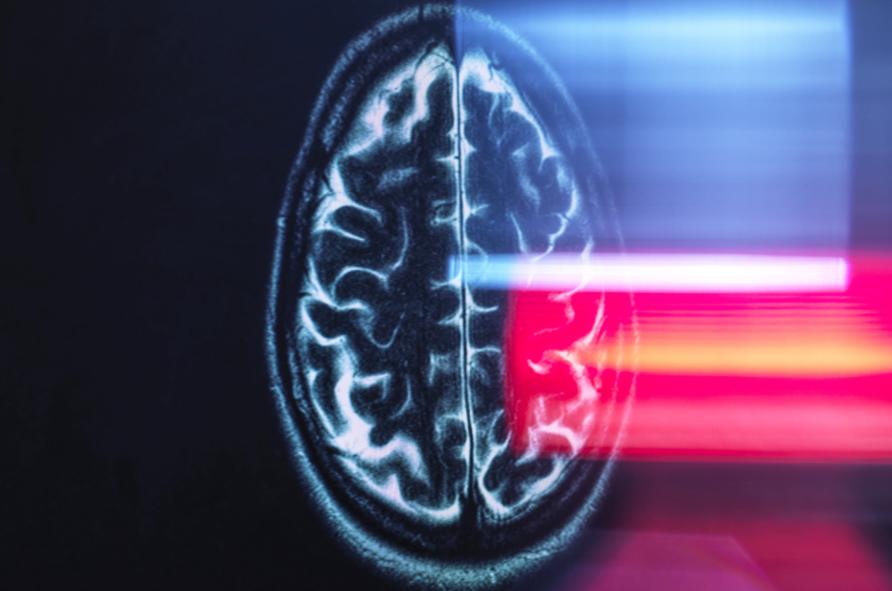
AI’s Role in Unlocking Precision MedicineAI’s Role in Unlocking Precision Medicine Precision medicine, also known as personalized medicine, aims to tailor medical treatments to individual patients based on their genetic, environmental, and lifestyle factors. Artificial intelligence (AI) is playing a transformative role in unlocking the potential of precision medicine by providing tools and insights that enable more precise diagnoses, personalized treatments, and preventive measures. Enhanced Diagnostics: * AI-driven algorithms can analyze vast amounts of medical data, including genetic and imaging information, to identify patterns and correlations that are often overlooked by human clinicians. * These algorithms can detect diseases earlier, even at pre-symptomatic stages, allowing for more timely intervention and personalized treatment plans. Personalized Treatment Selection: * AI models can predict how individual patients will respond to different treatments based on their genetic makeup and other factors. * This information enables clinicians to select the most effective and safest treatment options for each patient, reducing trial-and-error approaches and improving the chances of successful outcomes. Identification of Subtypes: * AI algorithms can identify distinct subtypes within patient populations that have different disease characteristics and treatment responses. * By identifying these subtypes, clinicians can develop targeted therapies that are specifically tailored to each subtype, leading to improved efficacy and reduced side effects. Risk Assessment and Prevention: * AI models can analyze patient data to predict the risk of developing certain diseases or conditions based on genetic, environmental, and behavioral factors. * This information can be used for preventive measures, such as screening, lifestyle changes, or early treatment interventions. Drug Development and Discovery: * AI accelerates drug development by predicting the safety and efficacy of new compounds in specific patient populations. * AI algorithms can also identify potential drug targets and design novel therapies tailored to specific genetic variations. Challenges and Future Directions: * Data privacy and security concerns must be addressed to ensure the responsible use of AI in precision medicine. * AI models require access to large, high-quality datasets to ensure their accuracy and generalizability. * Ethical considerations related to the use of genetic information and predictive models need to be carefully navigated. Conclusion: AI is revolutionizing precision medicine by providing powerful tools and insights that enhance diagnostics, personalize treatments, identify disease subtypes, predict risks, and facilitate drug discovery. As AI technology continues to advance, we can expect further breakthroughs that will unlock the full potential of precision medicine and transform healthcare outcomes for patients.
Posted inNews